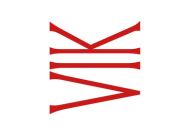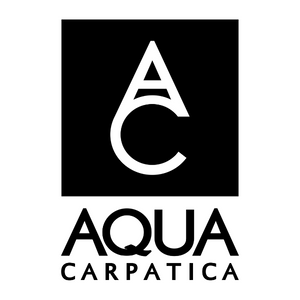‘Sustainability is the biggest consideration within every decision we make’
At Lawson’s Dry Hills – one of Marlborough’s oldest wine producers (we are coming up for our 33rd vintage) – sustainability is at the forefront of our business.
We know that climate change will likely impact our ability to continue producing the wine styles that make Marlborough one of the leading wine regions in the world and responsible for 85% of the $2.4bn of New Zealand wine exports. Current challenges include unpredictable and extreme weather patterns, and these are expected to become even more regular and problematic, on top of the overall effects of global warming.
Lawson’s Dry Hills’ vision is to lead New Zealand in sustainable wine production and, as a result, continue to build a thriving, global wine business for us, the Marlborough region and New Zealand. This vision ensures that sustainability is the biggest consideration within every decision we make, every day.

We started working with the industry programme, Sustainable Winegrowing New Zealand, at its inception in the mid-1990s, but soon felt that whilst it was a good start, we could – and should – do more.
We adopted ISO14001 – an exceptionally robust Environment Management System provided by the International Standardisation Organisation for the purpose of clarifying best practice for companies that wish to reduce their environmental footprint. It is a holistic approach that covers the whole business, from the vineyards through to the port of shipment, and it is a philosophy of continuous improvement. We undergo independent annual certification audits (by Telarc, New Zealand’s leading certifier of environmental management systems) and have done since 2011.
(The ISO brings together experts from 169 countries to share knowledge and develop voluntary, consensus-based, market relevant international standards that support innovation and provide solutions to global challenges.)
Having achieved so much with ISO14001, it made sense to put more focus on our emissions with the goal of becoming carbon zero, so in 2019 we adopted ISO14064 which specifies the principles and requirements for measuring and reporting greenhouse gas (GHG) emissions and removals. Given the significant reductions we had made already, we received ISO14064 independent certification in 2020, becoming a Toitū certified net carbon-zero organisation. This is also audited annually.
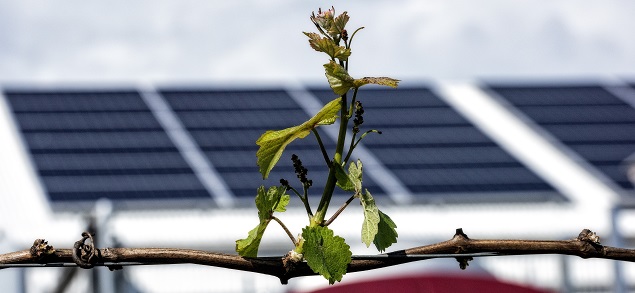
We constantly evaluate our environmental sustainability performance, even asking questions of our suppliers and service providers, sponsorship partners, importers and distributors. As our strongest core value, it is important that we work with companies whose sustainability values are aligned with ours. Our sustainability values are in our ‘House Policies’ as part of each employee’s Terms of Employment. We involve and inspire our team to ensure everyone has ownership and feels as if they can make a difference. We also hold team events such as restoration of wetlands and native plantings at our vineyards. We also share our journey, in the hope of inspiring others, having spoken at numerous events both online and in person, locally, nationally and overseas.
Lawson’s Dry Hills is also trying to assist consumers to make more sustainable product choices by adding ‘carbon zero’ and ‘certified sustainable’ on our front labels, making it easier for them to recognise a sustainable wine. We know from recent Kantar research that there is a significant gap between consumers’ good intentions and their actual buying behaviour, due to a lack of clear information.
We are a fully autonomous business from our vineyards (including owning our own harvester) right through to bottling. Our small, hands-on team of 18 are accountable for all aspects of our business, giving us full control. This is especially important in evaluating our environmental impacts and being able to assess, respond and adapt in a timely fashion.

Here are some of the initiatives we have undertaken:
- Installed 200 solar panels on the winery roof, supplying up to 30% of our needs (during the 2022 harvest period, we used 54% less power from the grid than the average for other wineries our size).
- Reduced waste to landfill by reviewing our purchasing decisions, product lifecycle and by installing recycling bins (reduction of 40% over three years).
- Purchased a special baler to crush the pallet wrap from our bottle deliveries. The bales are then sent to Auckland and returned to us as pallet slip sheets.
- Purchased a double-sided leaf plucker and do under-vine weeding at the same time as mowing, so reducing the number of passes in the vineyard.
- Purchased a new, more efficient tractor with 25% less emissions from less fuel use.
- Capturing rainwater from the winery roof using it and then recycling it – this has led to a 44% reduction in the amount of water drawn from the aquifer (which is under stress), compared to the average NZ winery of our size for the 2022 vintage.
- Installed a new ammonia refrigeration system in time for the 2023 harvest, negating the need for a supplementary diesel generator and removing reliance on hydrocarbons.
- Investing in a heat exchanger so the new winery refrigeration plant can heat water, replacing a diesel hot-water system.
- Changed to plug-in hybrid electric vehicles (PHEV) for company cars.
- Our packaging contains only FSC (Forestry Stewardship Council) certified paper products and those made of recycled, and recyclable fibre. There is a minimum of 64% recycled glass in our New Zealand-produced bottles, which are predominantly lightweight, and our pallet wrap is biodegradable. We collect our used screwcaps, including the collars, and donate them to charity (Lions Kidney Kids).
- We also compost our waste with our worm farm and we’re about to build a vegetable patch for our team to have fresh greens!

Lawson’s Dry Hills was awarded a commendation at the recent Sustainable Business Awards in the category of Climate Action Leader and won the Excellence in Sustainability Award at the New Zealand International Business Awards.
The Excellence in Sustainability Award recognises organisations that embed sustainability into the fabric of their business, achieving international growth while having a positive impact on people and the planet.

 English
English French
French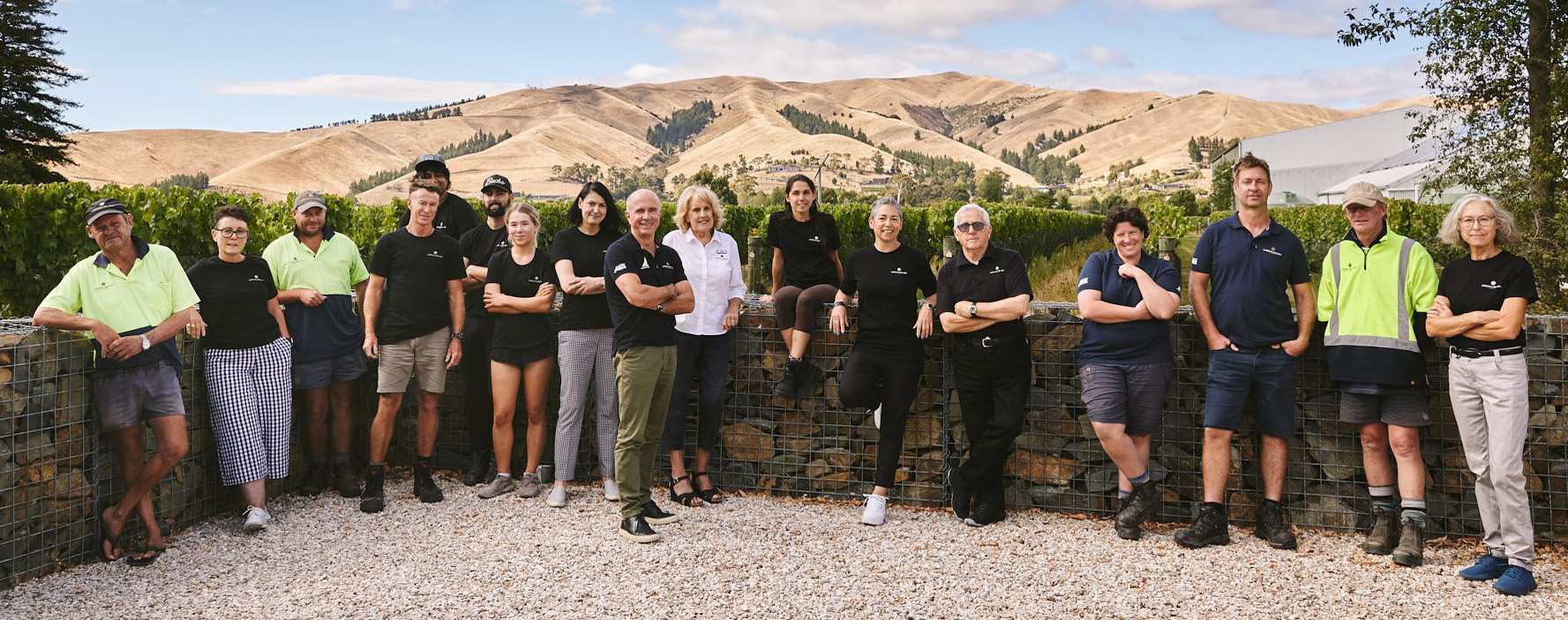



.png)
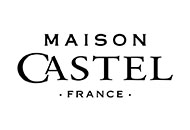

.png)

